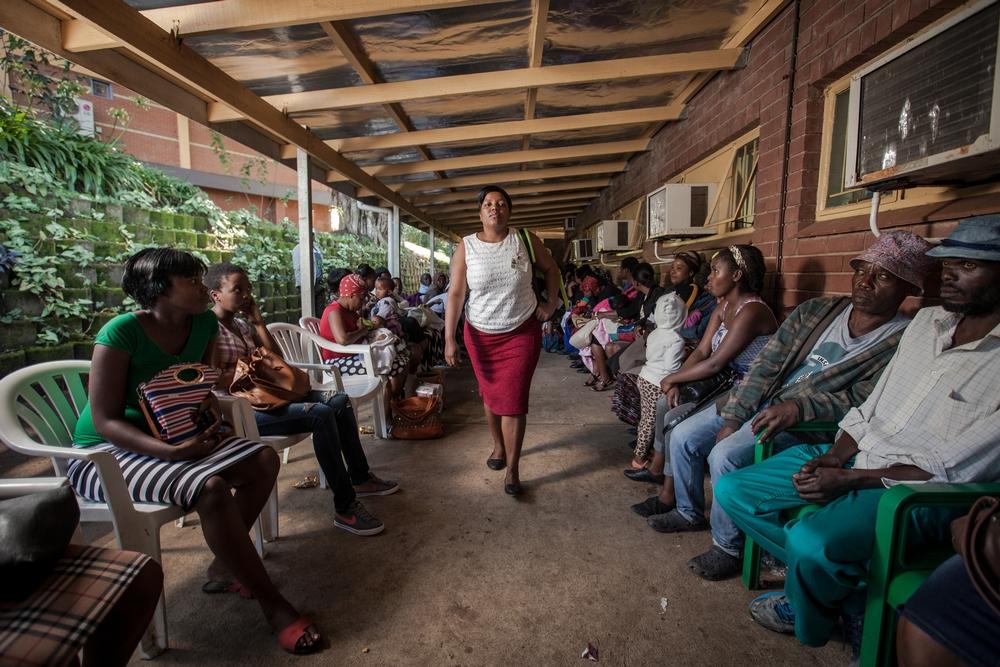Over 6.8 million people in South Africa are living with HIV.1 KwaZulu-Natal (KZN) province has been particularly impacted by the epidemic—among those aged 15-49 years, 27.9% are HIV-positive2 and incidence stands at 2.22%.3 HIV infections per annum in the general population in KZN increased from 1 550 955 in 2009 to 1 628 536 in 2013, constituting approximately 28% of national infections.4
Doctors Without Borders (MSF) has been providing HIV/TB services in South Africa since 1999. In April 2011, in partnership with the KZN Department of Health (DOH), MSF started an HIV/TB project called “Bending the Curves” in uMlalazi Municipality, uThungulu District. MSF supports nine clinics and three hospitals in an area with a population of 114 000. The coverage zone provides an opportunity to demonstrate the outcomes of activities in both the urban setting of Eshowe and rural setting of Mbongolwane.
Across the HIV care continuum, MSF has rolled out community-based and facility-based activities dedicated to increasing uptake of HIV/TB testing and counselling, and enhancing access to treatment. Moreover, the project promotes a client-centered approach to delivering treatment and improving retention in care, by supporting patient clubs and adherence groups.
This brief outlines innovative strategies that have been undertaken at each stage of the cascade to improve outcomes, presents lessons learned, and recommends interventions that could be replicated or scaled up elsewhere, in order to support the achievement of national and international targets for successfully treating people living with HIV.
